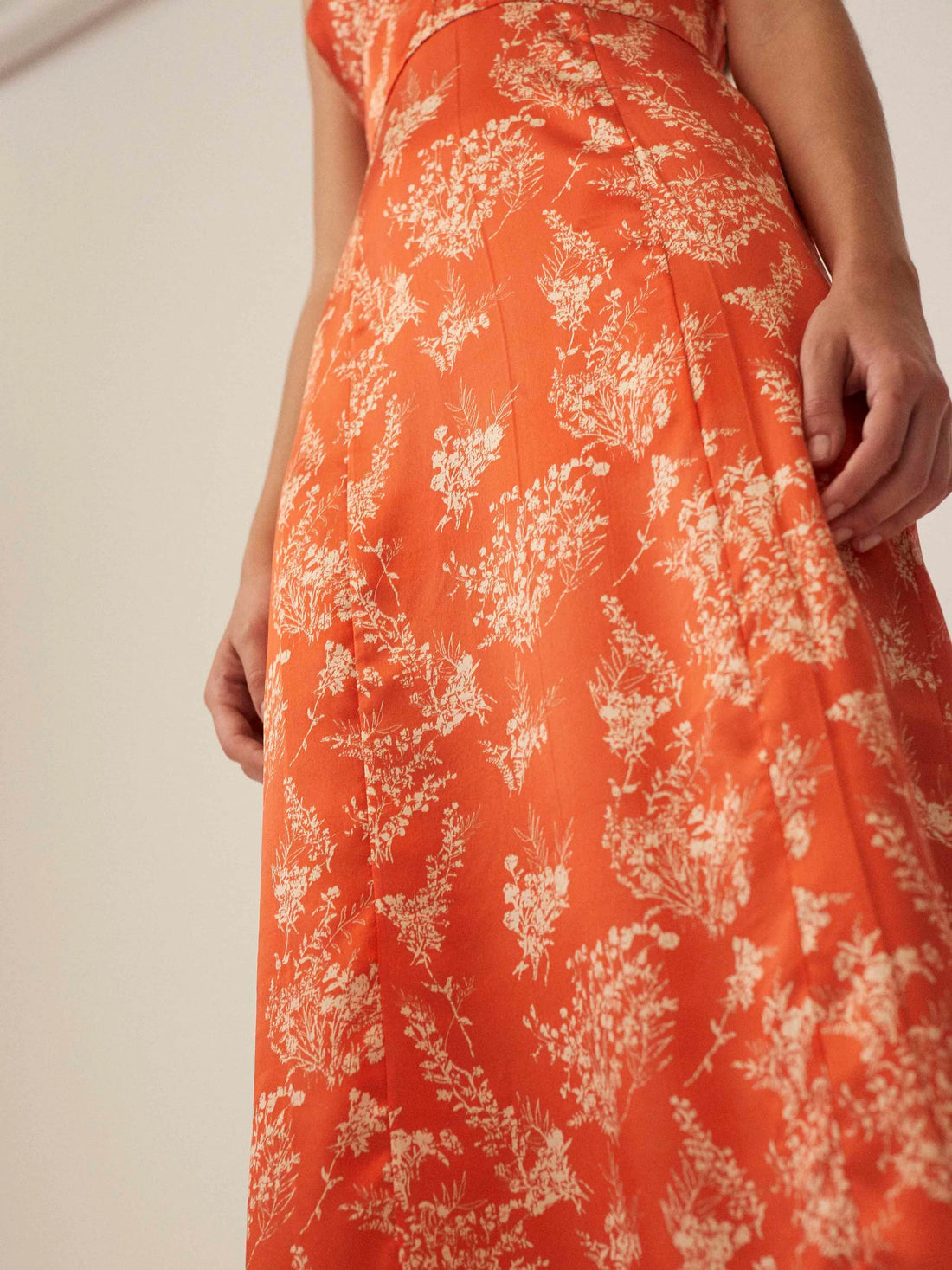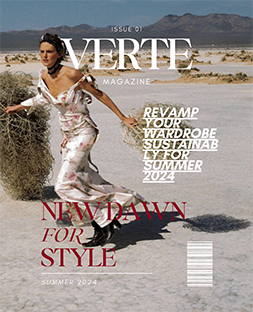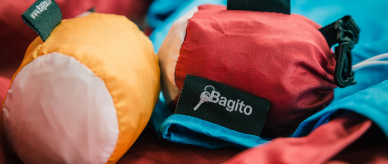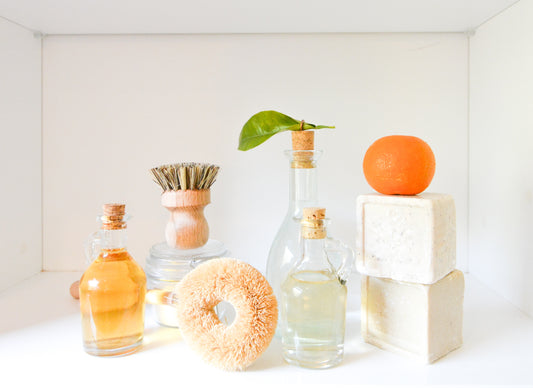A paradigm shift towards sustainability in the fashion industry is more essential than ever. Every conscious consumer needs to have a rudimentary understanding of different types of materials and their environmental impacts. What we wear has an enormous effect on our planet, from water consumption, microplastic pollution, greenhouse gas emissions, soil degradation, and deforestation to the generation of massive landfill waste. By simply opting for eco-friendly fabrics, you're already making a considerable leap towards fashion sustainability.
So, what does "sustainable fabric" entail? Let's take a moment to appreciate what we're moving away from. Traditional fabrics, such as cotton, viscose, and leather, have historically prioritized profits over the planet. They're often associated with the destructive sourcing of raw materials, heavy chemical processing, and an alarming amount of textile waste.
On the other hand, sustainable fabrics strive to lessen their environmental footprint. They're characterized by practices such as organic farming, chemical-free processing, the use of recycled materials, circular manufacturing processes, and environmentally-friendly end-of-life disposal methods.
Fortunately, sustainable fabrics are becoming increasingly accessible. Below, we've compiled a comprehensive list of the most sustainable fabrics that pioneering clothing brands are adopting for a greener fashion future.
Natural Sustainable Clothing Fabrics (Vegan)
1. Organic Cotton
Starting off our list, organic cotton is a leading sustainable fabric. Unlike its conventional counterpart, organic cotton employs no pesticides, synthetic fertilizers, or chemicals during growth and processing. This results in 62% less energy and 88% less water usage.
Look out for Global Organic Textile Standard (GOTS)-certified organic cotton for the most sustainable options.
Organic Cotton Cardigan – Verte Mode

2. Recycled Cotton
Composed of post-industrial or post-consumer waste, recycled cotton is another top-notch sustainable fabric. It eliminates the need for cotton farming and diverts textile waste from landfills. Though ensuring purity and tracing the origin of recycled cotton can be tricky, look for certifications like bluesign® Approved or OEKO-TEX for assurance of non-toxicity.
Reversible Blouse Mint Green Top – Verte Mode

3. Hemp
Hemp, a high-yielding fabric that requires little water or chemicals and offers soil nutrient restoration, is one of the most eco-friendly fabrics. Its unique feature is its ability to absorb more CO2 from the atmosphere than an average plant, making it a carbon negative raw material.
Alex Charcoal 100% Sustainable Hemp Shoes – Verte Mode

4. Linen
Derived from the flax plant, linen is as sustainable as hemp and offers similar light and breathable final fabrics. The cultivation of linen requires minimal inputs and thrives in specific climates, primarily in Europe.
Butterfly Wrap Dress in Linen – Verte Mode
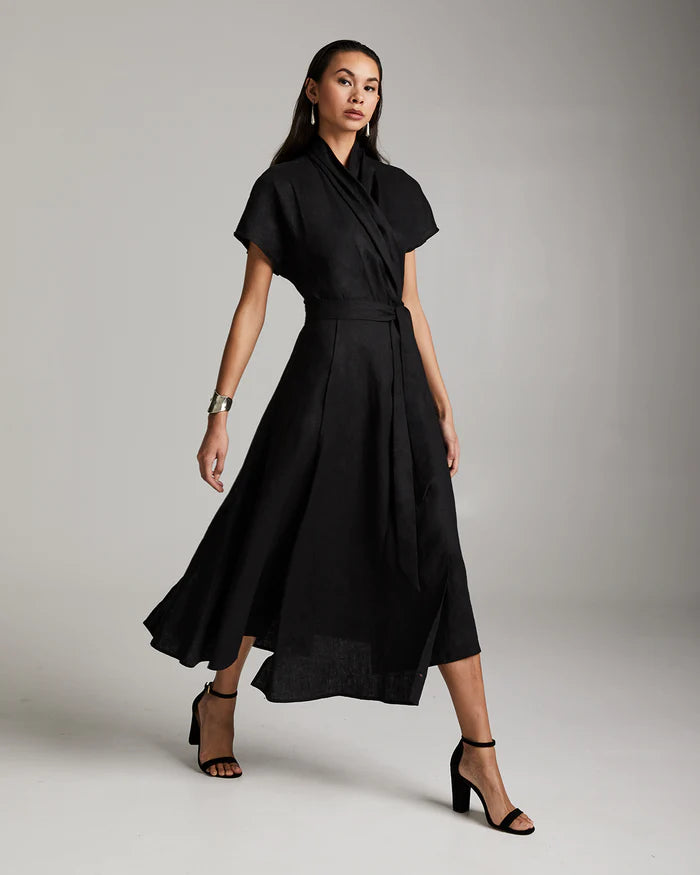
5. Bamboo Linen
Bamboo linen is sourced from bamboo plants that renew super quickly. It consumes more CO2 than most trees, requires few inputs, and can survive on rainfall alone. For a sustainable option, seek mechanically processed bamboo from certified sustainably managed forests.
Havana Oversized Linen Blazer in Porcelain White – Verte Mode

6. Cork
An unusual but sustainable fabric, cork, is harvested by shaving the bark of a cork oak tree. This process encourages the tree to absorb more CO2, and it helps support diverse plant and animal ecosystems. Recycled Synthetic Sustainable Clothing Fabrics (Vegan)
Ecokorek Cork Vegan Handbag ORELO Red – Verte Mode

7. ECONYL®
Regular synthetic fabrics are generally non-environmentally friendly. They're made of petroleum, shed microplastics, and persist in landfills for centuries. However, their recycled counterparts like ECONYL® are made from synthetic waste, such as ocean plastic, abandoned fishing nets, and waste fabric, providing a more sustainable option.
Kathmandu Sleeveless Tank Top in Jasper Brown – Verte Mode

8. Recycled Polyester (RPET)
Made from recycled plastic bottles, rPET is a versatile fabric used to give a new lease of life to single-use plastics that are causing havoc on our environment. But be aware that it can still shed microplastics and has a finite recyclability.
Recycled Poly Bike Short with Pockets – Verte Mode

9. Deadstock Fabrics
Deadstock fabric is exclusively made from other garments - off-cuts, manufacturing scraps, vintage clothing, or unsold clothing. By utilizing these otherwise discarded materials, it lowers manufacturing footprints and keeps valuable resources from ending up in landfills. Sustainable Semi-Synthetic Fabrics (Mostly Vegan)
Paneros Florence Mini Dress Golden Toile – Verte Mode

10. Lyocell
Lyocell, especially TENCEL™ lyocell, is becoming increasingly popular for its sustainability. It's a semi-synthetic fabric derived from the wood pulp of eucalyptus trees and is made using a closed-loop production process that reuses water and dissolving agents.
Organic Midi Skirt – Verte Mode

11. Modal
Similar to lyocell, Modal is a semi-synthetic fabric made from beech trees. While it's less wasteful than traditional rayon/viscose production, its chemicals can be more caustic than those used for lyocell manufacturing.
Venice Modal Comfortable Bralette in Sage Grey – Verte Mode

12. Bamboo Lyocell
Bamboo lyocell also uses a closed-loop manufacturing process. The raw material is bamboo, which is transformed into a silky fiber. However, not all bamboo viscose guarantees a closed-loop process, so it's crucial to ensure transparency in sourcing and manufacturing.
Bamboo viscose production is typically done in a closed-loop system about 50% of the time. Therefore, look for “bamboo lyocell” (as with TENCEL™ lyocell, this is the preferred term for closed-loop produced bamboo). Certifications: Forest Stewardship Council (FSC), OEKO-TEX, bluesign®
Organic Swing Dress – Verte Mode

13. ECOVERO™
An innovation in the sustainable fabric sector, ECOVERO™ is another semi-synthetic fabric derived from wood pulp, but this time it’s from certified renewable wood sources and produced in an eco-responsible way. Lenzing, the Austrian company behind TENCEL™, developed ECOVERO™ as an eco-friendly version of viscose. Not only does ECOVERO™ have up to 50% lower emissions and water impact than generic viscose, but it can be identified in the final product, guaranteeing you that your clothes are as eco-friendly as you think they are. Certifications: Forest Stewardship Council (FSC), PEFC, EU Ecolabel, OEKO-TEX, bluesign®
The Everyday Top - Women's - Olive – Verte Mode

14. Piñatex
Innovative sustainable fabric Piñatex is made from the fibers of pineapple leaves, which are often left as waste when the fruit is harvested. By converting this waste into a textile, it provides an additional income to farming communities. Piñatex is also a great animal-free leather alternative. While the feel isn't identical, its sustainability and animal-friendliness give it an edge in the fashion industry. The Piñatex production process does involve the use of petroleum-based resins for coating, which the manufacturer, Ananas Anam, is looking to replace with bio-based resins in the future. Certifications: PETA-Approved Vegan
New York Piñatex® Belt Bag in Cherry Red – Verte Mode

15. Bananatex®
Bananatex® is a fabric made from the stalks of the Abacá banana plant, a type of wild banana native to the Philippines. Its growth doesn't require any additional resources beyond natural rainfall and is processed without chemicals. As a high strength-to-weight ratio material, Bananatex® is a great choice for accessories like bags and wallets. It's also entirely biodegradable! Certifications: PETA-Approved Vegan
Neepa Hut Abaca Storage Tray - Aqua + Pink – Verte Mode

16. SCOBY Leather
SCOBY stands for Symbiotic Culture of Bacteria and Yeast and is typically used in the brewing of kombucha. Once dried and treated, it takes on a leathery quality. It’s a renewable material that’s also 100% biodegradable and compostable. While still a relatively new fabric, it has huge potential as a sustainable leather alternative.
Raven + Lily Mulu Magazine Tote - Cactus Flower | Verte Mode

17. S.Cafe®
S.Cafe® fabric is made by incorporating coffee grounds into yarn surface, providing excellent odor control and UV protection. It's a fantastic example of how waste materials can be transformed into functional, eco-friendly fabrics.
APÉRO LIZA PANTS - BABY RIB KNIT – Verte Mode

18. Brewed Protein
Brewed protein is an innovative material developed by Spiber, a Japanese biotech company. Through a fermentation process similar to brewing beer, they produce a fiber from plant-derived sugars that can be spun into fabric. While currently pricey and not widely available, it's an exciting innovation to watch.
Michiyuki Midi Coat – Verte Mode

19. Apple Leather
Apple leather is made from apple waste from the food industry. Mixed with a small percentage of PU to create a durable, leather-like material, it's a great vegan leather alternative. However, the percentage of PU used can vary, so it's important to check with the brand to know what you're getting.
Black Gala Bifold Wallet - Crafted From Apple Peel – Verte Mode
20. Woocoa
Woocoa is a biodegradable, wool-like material made from hemp and coconut waste. Developed by Colombian startup Woocoa, this innovative material uses natural processes to transform raw materials into a fabric similar to wool, offering a sustainable, plant-based alternative.
Nagano - Wool V-Neck Sweater - Sand Marl – Verte Mode

21. Cupro
Cupro is a regenerated cellulose fabric made from cotton waste. It's a byproduct of the industrial cotton process and usually ends up in the landfill. However, it can be transformed into a silky, breathable, and hypoallergenic fabric.
Bias Midi Skirt in Cupro Rayon – Verte Mode

22. QMilk
QMilk is an innovative fabric made from spoiled milk. It's skin-friendly, 100% natural and doesn't use any chemicals in its production process. The fabric is biodegradable, and the production process is zero waste, making it an exciting development in sustainable fabrics.
Ankara - PYRATEX® Seaweed Fibre Palazzo Jogger - Powder White – Verte Mode


